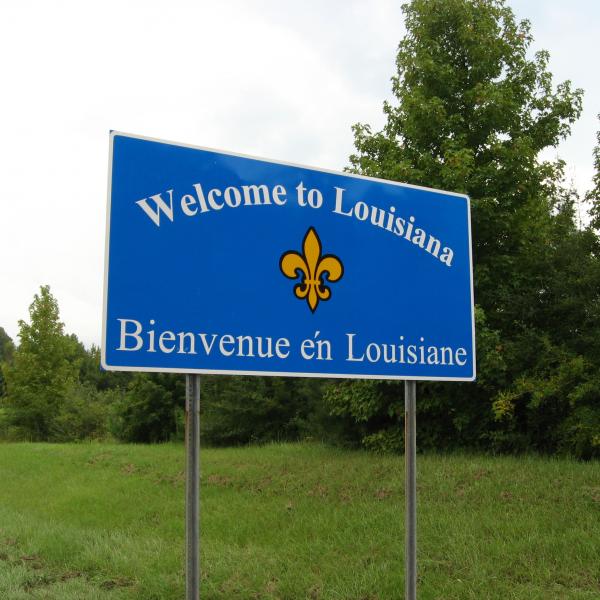In his first lecture, Professor Early mentioned the challenge of connecting with students who have not yet reached the level where they are able to open their minds to musical genres and tastes that are outside of their own personal experiences. He obviously articulated this sentiment much more eloquently than I am doing here, but as a teacher who is each year making more effort to incorporate the history of popular music in my American history/American Studies curriculum, I took his words to heart.
Throughout this Institute, I will be looking for an idea about how to help students reach that level of empathy—for isn’t one of our primary goals to help instill the life-long learning ethic into our students? Already, he has offered some of those ideas—like reading Mary Wilson’s accounts of the racism the Motown artists faced in their early tours of the South before diving into the music of the era, or posing questions about what constitutes black music or white music with examples that students can respond to. The bridge that connects the effective use of popular music and primary sources in the classroom has to be the kind of provocative questions that Prof. Early has already posed. So while we may not always be able to bring our colts and fillies to that proverbial water, hopefully we can help lay down the path for their eventual arrival.
-- Steve Schwartz



